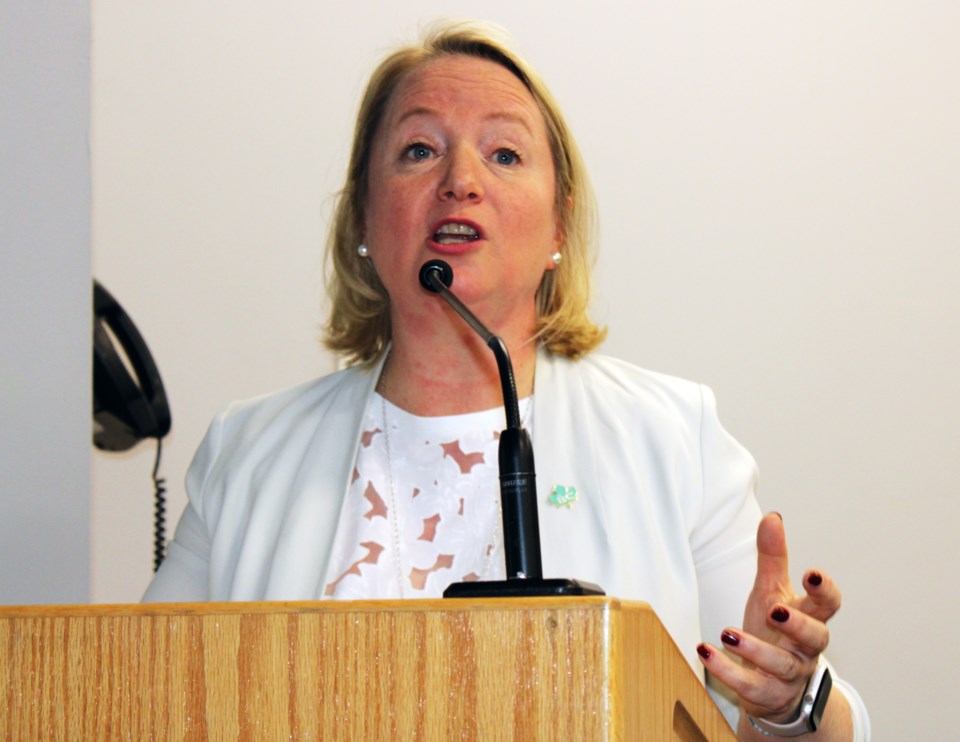When it comes to tourism, sa国际传媒 remains a seasonal destination, with 64 per cent of international visitors coming from May-September, a trend that has not shifted since 1999.
Destination BC, in its global marketing strategy for 2023-25 released last week, wants to motivate travellers, especially international visitors, to come to lesser-known parts of the province in all four seasons.
“For organizations that are struggling with seasonality, there is tremendous support for seasonal dispersion at the national level as well as provincially,” said Maya Lange, vice-president of marketing for Destination BC, who spoke this week at the sa国际传媒 Tourism and Hospitality Conference in Prince George.
Lange said Destination BC facilitates 500 international journalists to come to sa国际传媒 each year and they are spreading the word to help provincial tourism operators build itineraries that will attract tourists.
“We all work with travel trade and travel media and as we begin to focus more on those seasonal activities the awareness will grow globally and it will make it desirable to travel to northern British Columbia in winter and enjoy and engage with everything winter has to offer here,” said Lange.
“II think the world is waking up to that.”
In 2022, revenue recovery globally was about 65 per cent compared to 2019 pre-COVID levels, while in sa国际传媒 it was more than 85 per cent.
In the year leading up to the pandemic, tourism was a $22 billion industry in sa国际传媒 and $2 billion of that was generated by ski resorts. Domestic travellers led the way, accounting for the majority of money spent on travelling in the province, but Lange acknowledged not all areas have recovered to pre-pandemic times and are some regions are still struggling to attract tourist dollars.
Lange said business travel is at two-thirds of 2019 levels, but airline capacity has grown back more quickly that anticipated. U.S. visitors last year were at 80 per cent compared to 2019 numbers, hampered by border restrictions that remained in place until Oct. 1, 2022.



